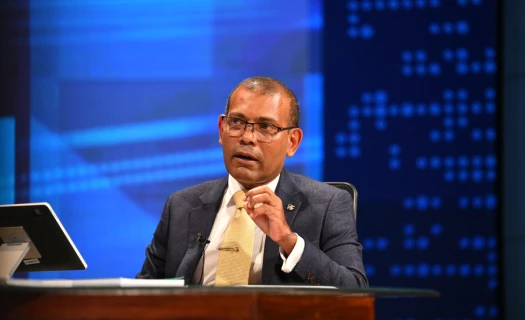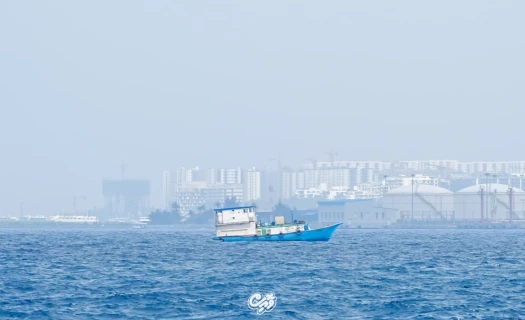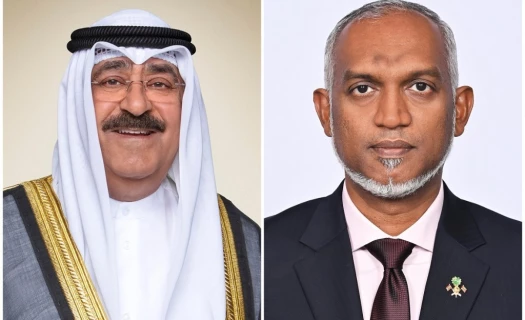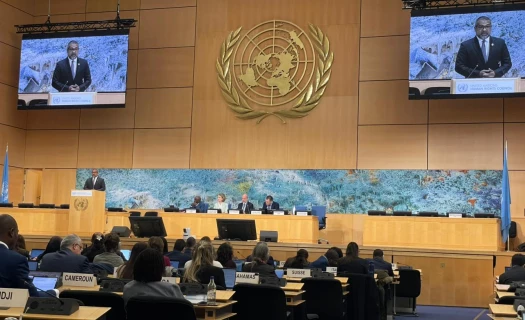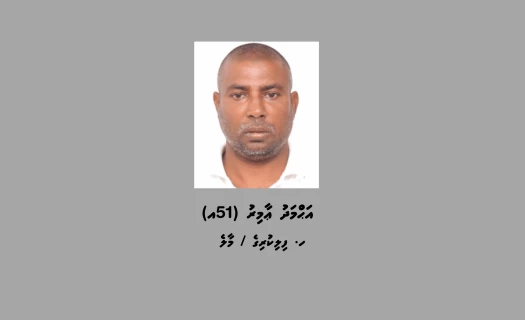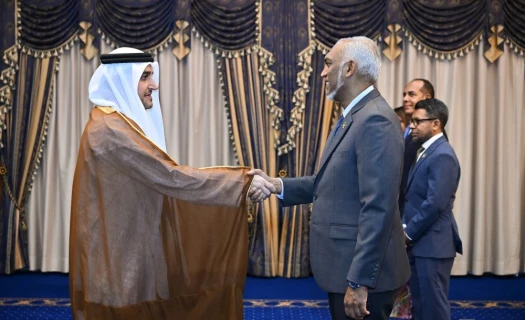Can Maldives actually afford "India Out"?

The recent inking of agreements between India and the Maldives including a significant MVR 100 million grant to expand the Raajje Transport Link (RTL) high-speed ferry network, serves as a potent reminder of the intricate and often indispensable relationship between the two South Asian neighbors.
This development, occurring even after a change in government in Malé that was a result of nationalist sentiments and calls for an "India Out" campaign, begs a critical question: can the Maldives, in reality, afford to distance itself from India?
Bound by our close geographical location, India and the Maldives share a long history of strong connections encompassing trade, culture, and security.
India has consistently played a vital role as a partner for the Maldives, particularly in sectors critical for our socio-economic advancement.
The RTL project, designed to improve connectivity throughout the country, exemplifies India's dedication to the our developmental ambitions.
Beyond this particular grant, India has reliably provided financial aid, infrastructure development support, and initiatives to build capacity across diverse areas such as healthcare, education, and defense, for decades.
Consider the economic realities of the Maldives. Tourism forms the backbone of its economy, and India has emerged as a significant source market.
Disrupting ties with India could have tangible repercussions on tourist arrivals, impacting revenue generation and employment.
Furthermore, the Maldives relies heavily on imports for essential goods, and India is a key trading partner, providing affordable access to vital commodities.
Alienating India could potentially lead to increased costs and supply chain vulnerabilities.
Security is another critical dimension.
We, being a small island nation - or as former Foreign Minister Abdulla Shahid likes to call it, a large ocean state, face maritime security challenges, including piracy, smuggling, and potential threats to our Exclusive Economic Zone.
India has been a crucial partner in bolstering our defense capabilities through training, equipment provision, and joint exercises.
A weakened security cooperation could leave the Maldives more vulnerable to external threats, especially at a time when trafficking, smuggling and piracy are issues of concern in the Indian ocean.
The security cooperation’s importance was highlighted by Foreign Minister Dr Abdulla Khaleel in his recent interview with Indian outlet WION while he was in New Delhi for this year’s edition of Raisina Dialogue.
The Indian security we consider as our security as well
Minister Khaleel told WION’s Sidhant Sibal
The "India Out" campaign, while reflecting nationalist sentiments and concerns about potential Indian influence, often overlooks the tangible benefits of the existing partnership.
While it is crucial for us to maintain our sovereignty and pursue an independent foreign policy, completely severing ties with a powerful and geographically proximate neighbor like India carries significant risks.
Diversifying partnerships is a prudent strategy, but it should not come at the cost of jeopardizing a historically beneficial relationship.
The recent agreements suggest a practical understanding within the Maldivian government regarding the necessity of ongoing collaboration with India.
The MVR 100 million grant allocated to the RTL project illustrates a dedication to the welfare of the Maldivian populace and an acknowledgment of India's contribution to our developmental objectives.
This implies that notwithstanding the political discourse, a complete severing of ties with India may not be a viable or preferred course of action for the Maldives.
While we have the sovereign right to determine our own foreign policy, the deep-seated historical, economic, and security ties with India suggest that a complete "India Out" approach would be fraught with challenges.
The continued engagement and assistance from India, even amidst political shifts, highlight the interdependence between our two nations.
Ultimately, a balanced approach that respects Maldivian sovereignty while acknowledging the mutual benefits of cooperation with India appears to be the most pragmatic and sustainable path forward for the Maldives.
The question is not whether the Maldives can afford to say "India Out," but rather, whether it should, given the significant costs and potential repercussions.
